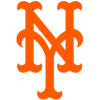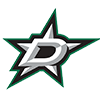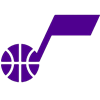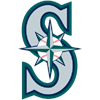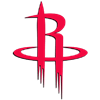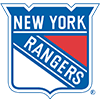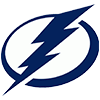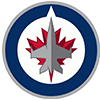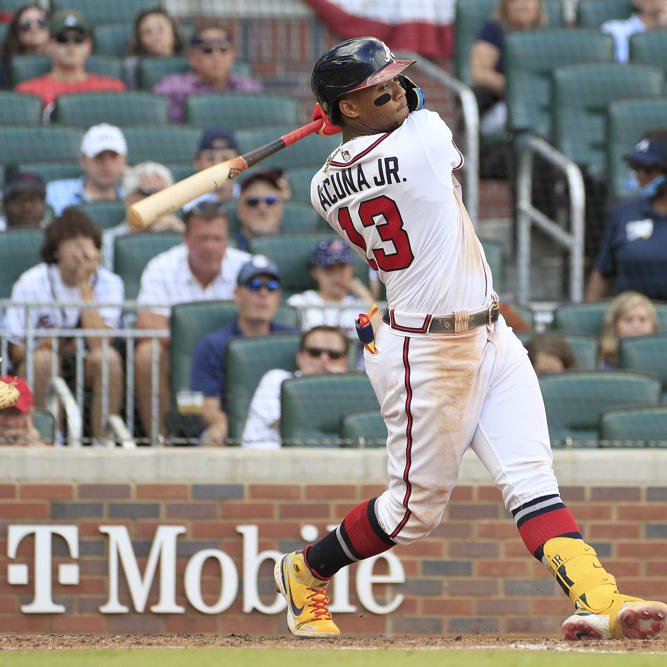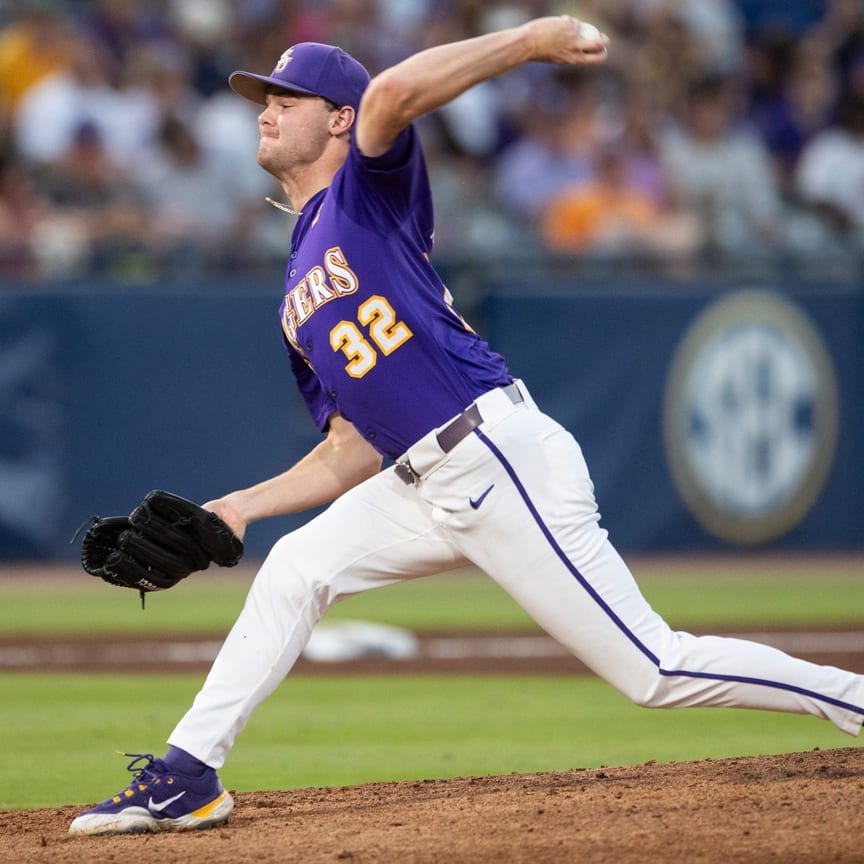In my last article, I discussed some lessons learned from the 2021 fantasy season. One area I wanted to improve on was how to balance patience in a long season versus moving on from a struggling player. Today, I'm going to start that analysis by diving into hitters.
Ian Happ and Ryan Mountcastle are two hitters who I drafted multiple times and both struggled out of the gate. Using Steamer projections, Happ was projected for a .801 OPS, but was just at a .467 OPS after a month. During the same time frame, Mountcastle was supposed to be hitting around a .780 OPS but he was down at .515. Both rebounded over the rest of the season with Happ at a .813 OPS and Mountcastle at an .853 OPS.
It was tough to roster one, let alone both as I did in a few leagues. I want to find the approximate point when I've waited long enough for regression to happen, but not continue to hold on to a player with a decline in talent.
Besides avoiding cutting drafted players prematurely, the other way this information can be used is when other fantasy managers start dropping their struggling hitters. The following guidelines can be used to add hitters before they've been given a chance to rebound.
For the study, I took all the hitters from 2010 to 2021 (not including 2020) who Steamer projected for at least 300 PA, had at least 200 PA during the season, had at
In my last article, I discussed some lessons learned from the 2021 fantasy season. One area I wanted to improve on was how to balance patience in a long season versus moving on from a struggling player. Today, I'm going to start that analysis by diving into hitters.
Ian Happ and Ryan Mountcastle are two hitters who I drafted multiple times and both struggled out of the gate. Using Steamer projections, Happ was projected for a .801 OPS, but was just at a .467 OPS after a month. During the same time frame, Mountcastle was supposed to be hitting around a .780 OPS but he was down at .515. Both rebounded over the rest of the season with Happ at a .813 OPS and Mountcastle at an .853 OPS.
It was tough to roster one, let alone both as I did in a few leagues. I want to find the approximate point when I've waited long enough for regression to happen, but not continue to hold on to a player with a decline in talent.
Besides avoiding cutting drafted players prematurely, the other way this information can be used is when other fantasy managers start dropping their struggling hitters. The following guidelines can be used to add hitters before they've been given a chance to rebound.
For the study, I took all the hitters from 2010 to 2021 (not including 2020) who Steamer projected for at least 300 PA, had at least 200 PA during the season, had at least 50 PA for months in question, and saw an OPS drop of 200 or more points in March/April (224 batters) from their projections.
In the first study, I looked at the hitter stats that first month to see if one or more stat changes could point to a rebound (i.e. low BABIP). The batters ended up in four groups based on their end-of-season versus projected OPS. For these groups I compared how the first month's value compares to the projected value.
| EOS OPS Diff (Act-Proj) | K% | BB% | ISO | BABIP |
|---|---|---|---|---|
| > .000 | 1.90% | -1.90% | -0.086 | -0.076 |
| .000 to -.100 | 3.60% | -1.30% | -0.1 | -0.081 |
| -.100 to -.200 | 3.80% | -1.90% | -0.109 | -0.066 |
| < .-200 | 1.50% | -1.10% | -0.126 | -0.078 |
If a person squints hard enough, they can see those who had bump in strikeouts and drop in power continue to struggle. BABIP and walk rate were effectively unchanged for those who rebounded and those who didn't.
What I did next was to group the data by those with a 3% K% jump and/or a 100 point ISO decline. Here are the full season results minus the projections.
| Significant Variable | OPS Diff |
|---|---|
| ISO drop and K% Jump | -0.09 |
| ISO drop or K% jump | -0.085 |
| Neither ISO drop or K% jump | -0.057 |
The results are better than nothing but my next test found a better conclusion for those with a little patience.
Next, I added in May's stats and compared the OPS values to the ones from March/April. From those groups, I found the end-of-season differences.
| May-Apr OPS | EOS OPS-Proj OPS |
|---|---|
| OPS Down | -0.149 |
| 0 to 200 OPS Point Rebound | -0.101 |
| Over 200 Point Rebound | -0.04 |
A hitter needs to start rebounding the next month or his struggles just continue.
While I will let these results stew over the offseason, for now, I think I will use the following rules for struggling hitters.
- If the hitter hasn't shown a rebound the month after struggling for a month, it's likely time to move on.
- The time frame can be adjusted just a bit based on if the hitter is struggling with power and strikeouts.
That's it for trying to set some guidelines for struggling hitters. Next time, I'll look into struggling pitchers.







